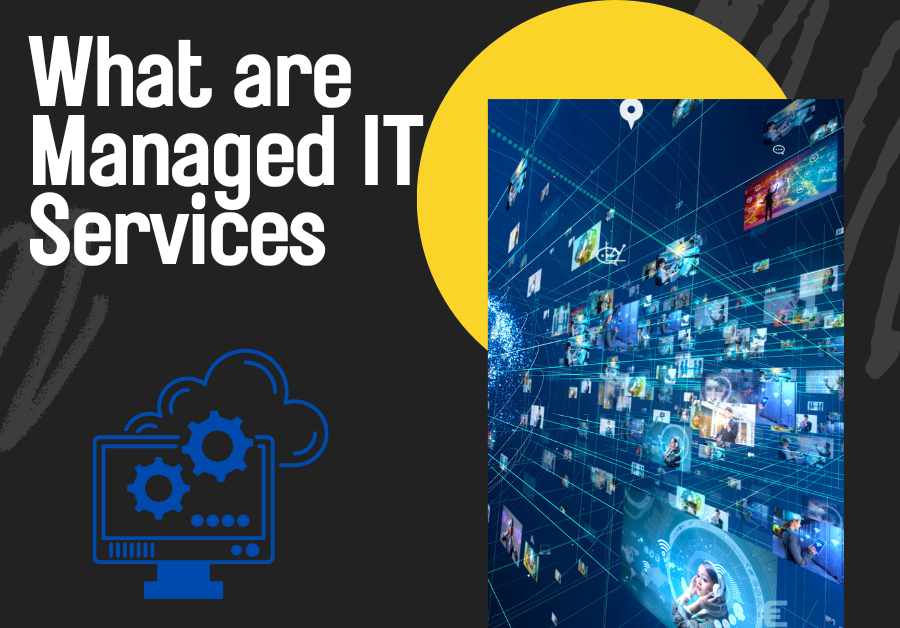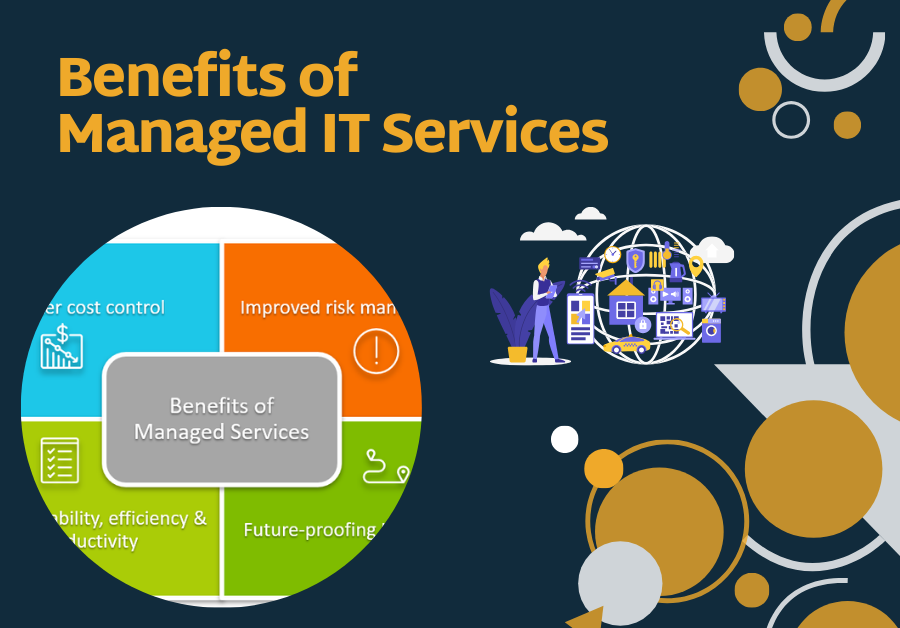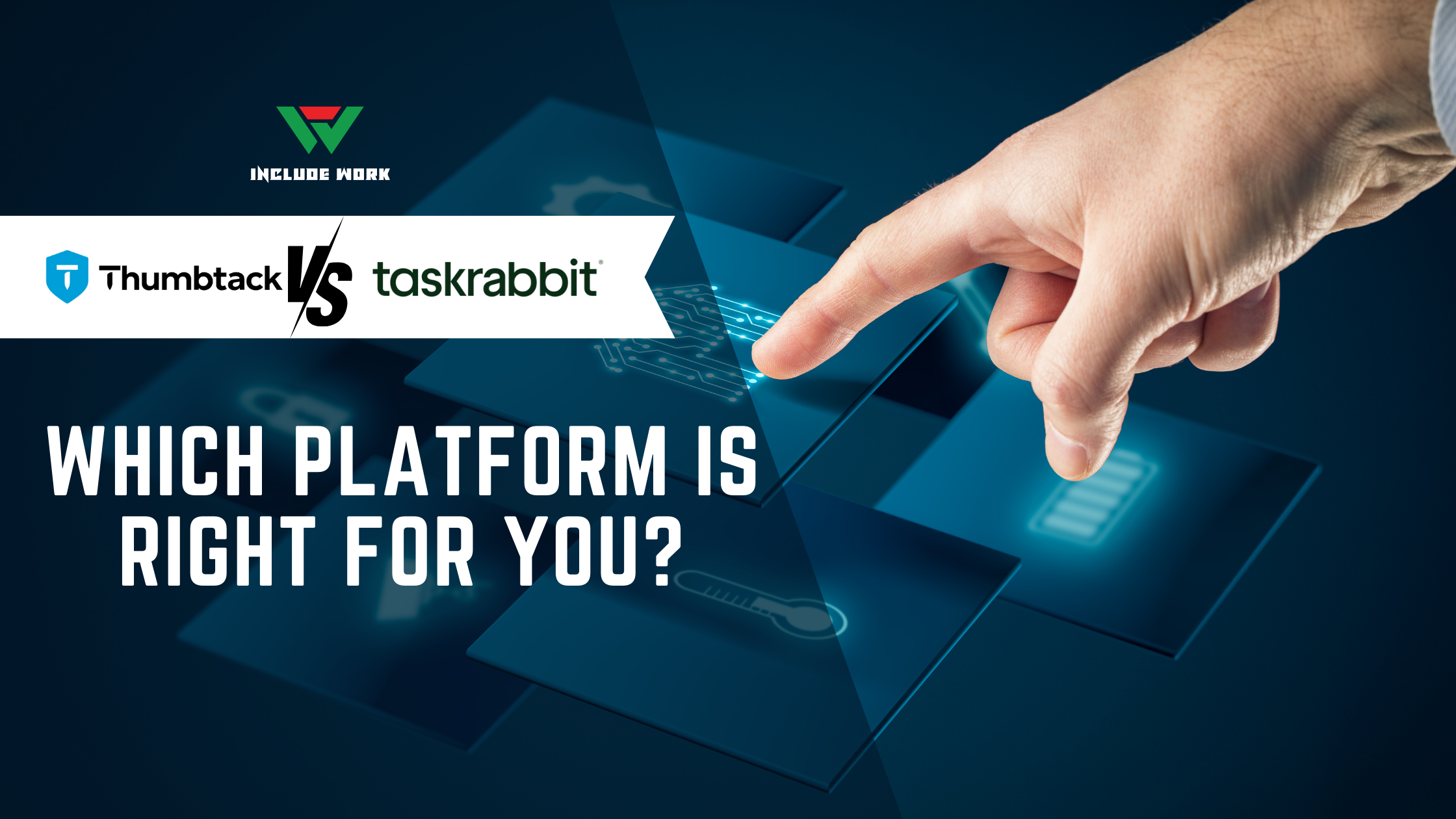In today’s fast-paced world, businesses of all sizes find themselves in need of reliable and effective IT support. Managed IT services come into play as a vital solution, offering a range of IT management and support tasks handled by external experts.
Table of Contents
This approach helps businesses focus on their core operations without worrying about the technical details of IT infrastructure. Managed IT services cover everything from network management to data backup, cybersecurity, and beyond, providing peace of mind and allowing businesses to leverage technology to their advantage.
What are Managed IT Services?
Managed IT services are external support services addressing a company’s IT requirements. This encompasses managing networks, offering technical support, ensuring cybersecurity, and more. It’s akin to having a full IT department externally, sparing the need for internal staffing. Specialists provide these services, guaranteeing that a company’s IT infrastructure remains operational, secure, and efficiently tuned.
What stands out about managed IT services is their adaptability. Companies can tailor the services to their needs, allowing them to adjust as their business evolves. This model suits businesses of all sizes, enabling a personalized IT management strategy.

Managed IT services keep companies at the forefront of technology trends, advising on the most suitable tools and solutions for their objectives. This collaboration aims to streamline operations, minimize downtime, and boost overall productivity.
Benefits of Managed IT Services
Choosing managed IT services comes with a plethora of advantages that can significantly impact a business’s growth and efficiency. Here are some key benefits:
Cost Savings: By outsourcing IT management, companies save on the costs associated with hiring full-time IT staff, including salaries, benefits, and ongoing training. Managed services offer predictable monthly fees, making budgeting easier.

Expertise on Demand: Managed service providers (MSPs) bring a wealth of experience and knowledge, ensuring businesses have access to the latest technologies and best practices. This level of expertise is often out of reach for many companies to maintain in-house.
Focus on Core Business Functions: With IT concerns handled by experts, businesses can focus on their core functions. This leads to improved productivity and allows companies to innovate and grow without being bogged down by technical issues.
Enhanced Security: Cybersecurity is a top concern for businesses today. MSPs offer advanced security measures, constant monitoring, and quick response to threats, protecting sensitive data from breaches.
Scalability: As a business grows, its IT needs will change. Managed IT services can easily scale up or down based on the current needs of the business, providing flexibility and ensuring that IT services always match company size and demand.
Proactive Support: Instead of reacting to problems after they occur, managed IT services focus on preventing issues before they impact the business. Regular maintenance, monitoring, and updates mean fewer emergencies and downtimes.
These benefits highlight why many businesses are turning to managed IT services as a strategic approach to handle their IT needs efficiently.
Key Features of Managed IT Services
Managed IT services offer features essential for supporting and enhancing business operations. Here are key features you’ll find:
- 24/7 Monitoring and Support: Constant monitoring of IT systems ensures they run smoothly. Immediate action on arising issues reduces downtime.
- Data Backup and Recovery: Regular data backups to secure locations off-site guarantee swift data recovery after hardware failures, cyber-attacks, or natural disasters.
- Cybersecurity Measures: Advanced security tactics, including firewall management, antivirus updates, and intrusion detection, safeguard against digital threats.
- Cloud Services: These services provide scalable resources, like storage and computing power. They support remote work and teamwork.
- IT Consulting: Professionals offer advice on using technology to meet business aims. They suggest the best software, hardware, and IT strategies.
- Network Management: Keeping an eye on the network infrastructure ensures that connectivity, speed, and security stay at their best.
Each feature is crucial for using technology effectively while focusing on core business tasks. Managed IT services tailor these features to meet each client’s specific needs. This personalized approach helps align technology use with business goals.
Choosing the Right Provider
Selecting the right managed IT service provider (MSP) is crucial for your business’s success. Here are some tips to help you make an informed decision:
Experience and Expertise: Seek a provider with a proven history and deep knowledge in your sector. They should grasp the challenges specific to your business and offer time-tested solutions.
Range of Services: Confirm that the MSP provides a wide array of services that align with your company’s requirements. This range should encompass everything from cloud services and cybersecurity to network management.
Reputation and References: Research the provider’s track record through reviews and testimonials. Request case studies or references to understand their impact on other businesses.
Response Time and Support: Learn about their support framework and how quickly they respond to emergencies. Quick action in resolving issues is crucial to minimize any operational downtime.
Scalability: Your chosen provider should adjust their services to match your business’s growth and evolving needs. This adaptability is crucial for your future IT demands.
Security Standards: With cyber threats on the rise, it’s important to evaluate the provider’s security measures. They should be leaders in cybersecurity to ensure your data is protected.

Cost Structure: Understand the fees involved. The pricing should be transparent, without hidden charges, reflecting the value offered.
Cultural Fit: The right MSP will share your company’s culture and values. A relationship built on mutual respect and understanding is essential.
By thoroughly evaluating potential managed IT service providers, you can establish a beneficial partnership that supports your business’s growth and tech needs.
Cost Considerations and ROI Analysis
Investing in managed IT services involves understanding the costs and evaluating the return on investment (ROI). Here’s how to navigate these considerations:
Cost Considerations
- Fixed Monthly Fees: Most MSPs operate on a subscription-based model, offering predictable monthly costs. This helps in budgeting and eliminates unexpected IT expenses.
- Customizable Plans: Costs can vary depending on the services you choose. Opt for a plan that fits your business needs without paying for unnecessary extras.
- Long-Term Savings: While there’s an upfront cost, managed IT services can lead to significant long-term savings by reducing downtime, improving productivity, and preventing expensive cybersecurity breaches.
ROI Analysis
Evaluating the ROI of managed IT services involves looking beyond direct financial savings:
- Increased Efficiency: By outsourcing IT management, your team can focus on core business activities, leading to higher productivity and revenue.
- Enhanced Security: The cost of a data breach can be devastating. Investing in advanced cybersecurity measures provided by MSPs can save millions in potential losses.
- Reduced Downtime: Downtime can be costly. Proactive monitoring and maintenance help in minimizing these incidents, ensuring your business operates smoothly.
- Scalability: The ability to scale IT resources up or down based on demand means you only pay for what you need, optimizing your IT spend.
- Access to Expertise: The knowledge and experience of a dedicated IT team can drive business innovation, helping you stay competitive in your market.
When considering managed IT services, it’s important to look at both the immediate and long-term financial implications. A thorough ROI analysis will reveal the true value these services bring to your business, often justifying the investment.
Implementation Process and Support
Adopting managed IT services is a strategic decision that involves a structured implementation process to ensure a smooth transition and ongoing support. Here’s what this typically entails:
Implementation Process
Initial Assessment: The MSP conducts a thorough assessment of your current IT infrastructure, identifying strengths, weaknesses, and areas for improvement.
Strategy Development: Based on the assessment, a customized IT strategy is developed to meet your specific business needs, including timelines and milestones.
Setup and Configuration: The MSP sets up the necessary systems and configurations, ensuring compatibility with your existing infrastructure and minimal disruption to operations.
Data Migration: If required, the MSP will safely migrate data to new systems, including cloud-based services, ensuring data integrity and security.
Training and Onboarding: Employees receive training on new systems and processes to ensure they are comfortable and proficient with the changes.
Go-Live Support: The MSP provides extensive support during the go-live phase to address any issues promptly and ensure a smooth transition.
Ongoing Support
After implementation, ongoing support is crucial for maintaining and optimizing IT operations:
- Regular Updates and Maintenance: Continuous monitoring and maintenance of IT systems to ensure they are up-to-date and running smoothly.
- Help Desk Services: Access to a help desk for resolving technical issues quickly, minimizing downtime.
- Strategic IT Planning: Regular reviews and planning sessions with the MSP to adjust IT strategies according to changing business needs and goals.
- Cybersecurity Monitoring: Ongoing cybersecurity measures, including monitoring and threat detection, to protect your business from emerging threats.
- Performance Reporting: Regular reporting on IT performance, including metrics and benchmarks, to demonstrate value and identify areas for improvement.
The implementation process and ongoing support offered by MSPs are designed to make the transition as seamless as possible, ensuring that businesses can leverage the full benefits of managed IT services without disrupting their operations.
Conclusion
Adopting managed IT services represents a significant shift for companies aiming to enhance their operations, safeguard their information, and remain competitive in the tech arena. This approach provides economic benefits and access to specialized knowledge. It also allows companies to allocate their internal resources more effectively, concentrating on their core competencies.
By choosing an appropriate provider, businesses can establish a supportive relationship that meets their current requirements and adapts to their growth over time. The setup process is thorough yet designed to be smoothly integrated with minimal impact on daily operations, supported by continuous assistance to overcome future hurdles. As the technological environment evolves, managed IT services emerge as a prudent choice for companies seeking to solidify their market position and achieve sustained success.






